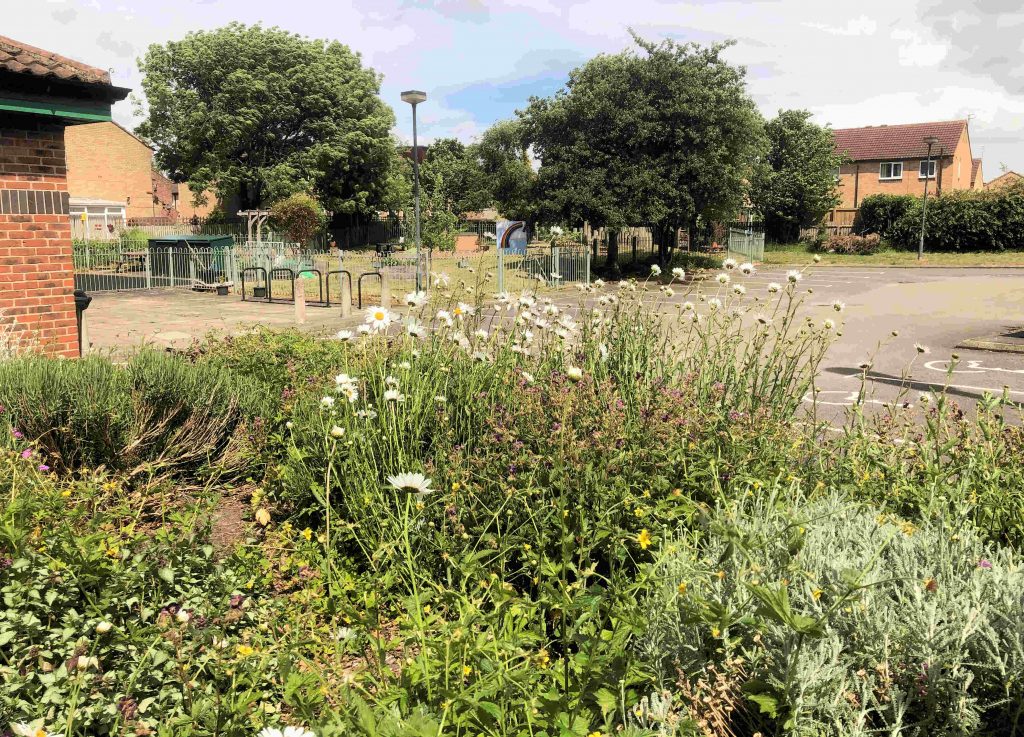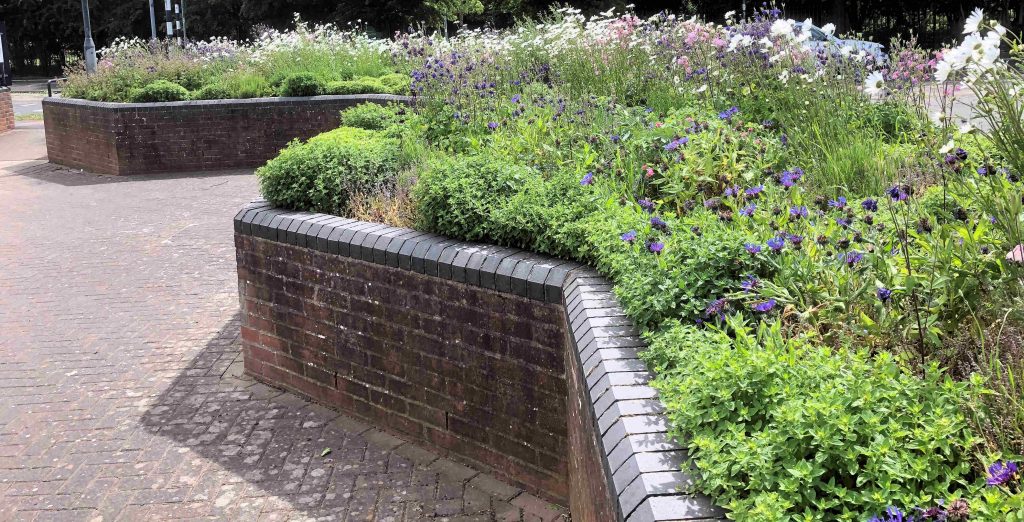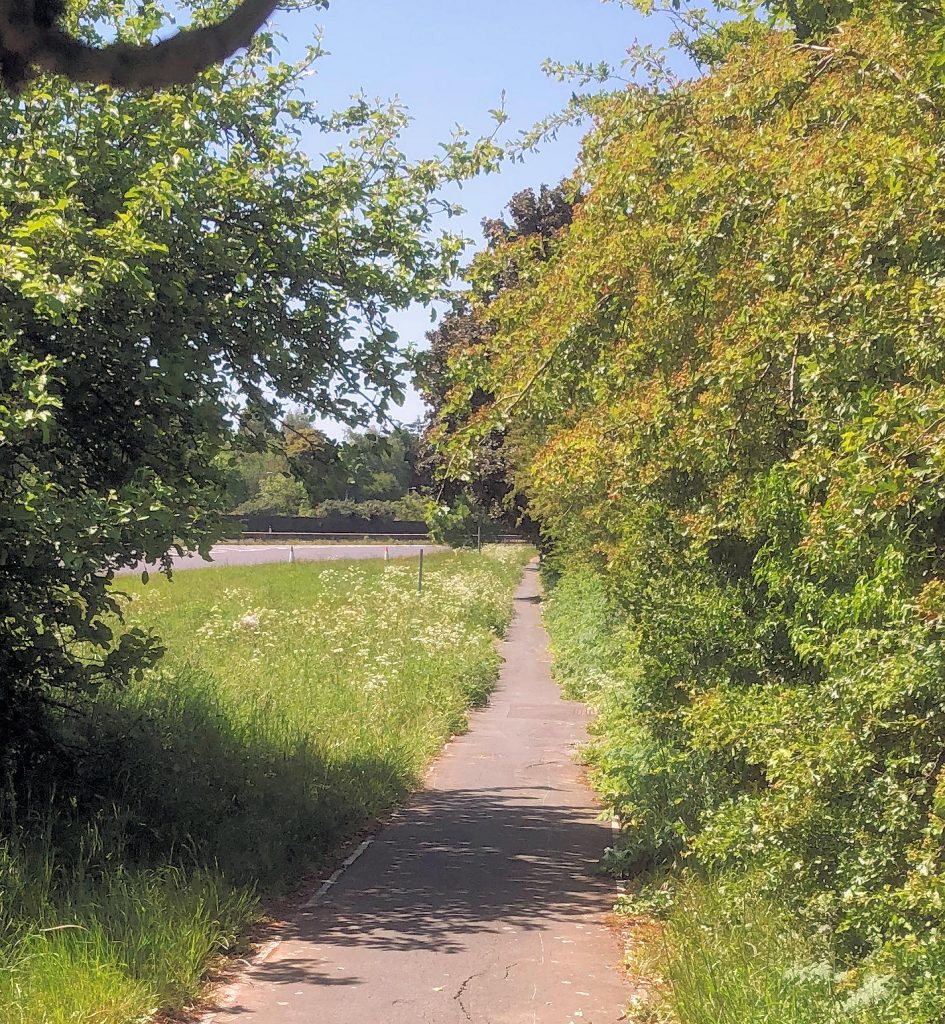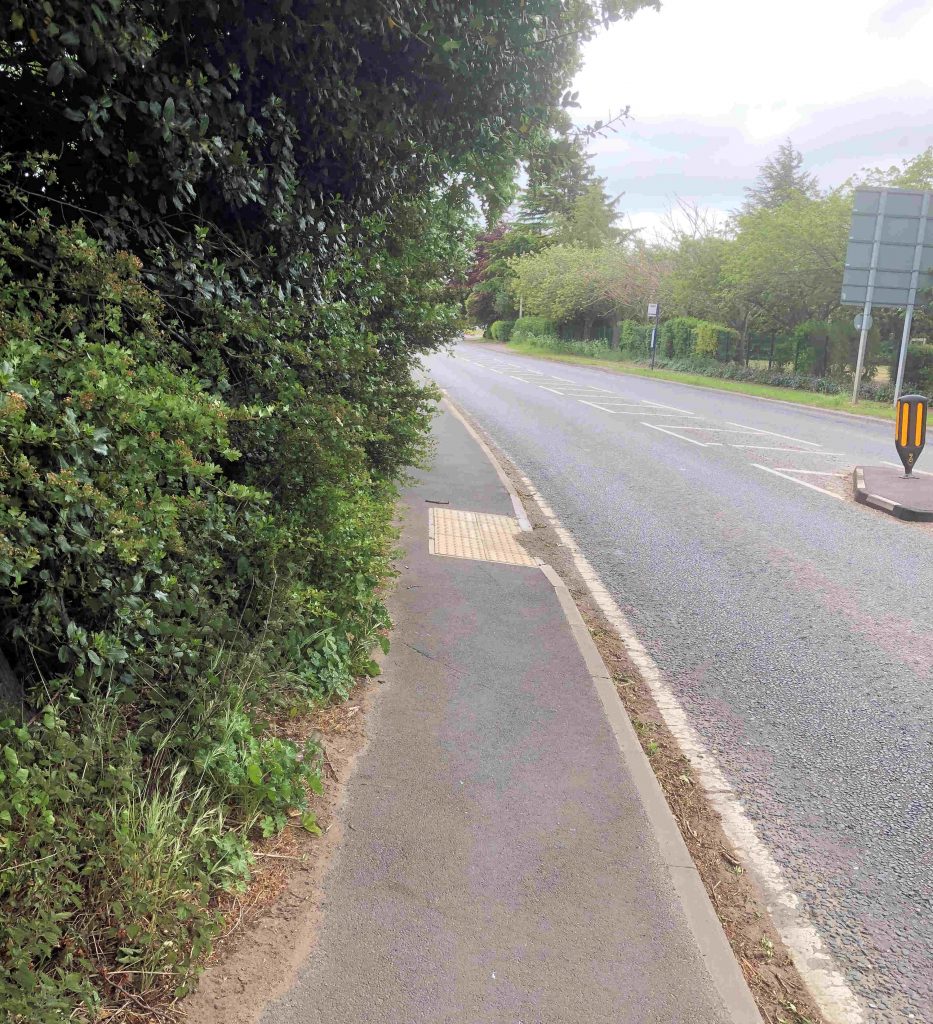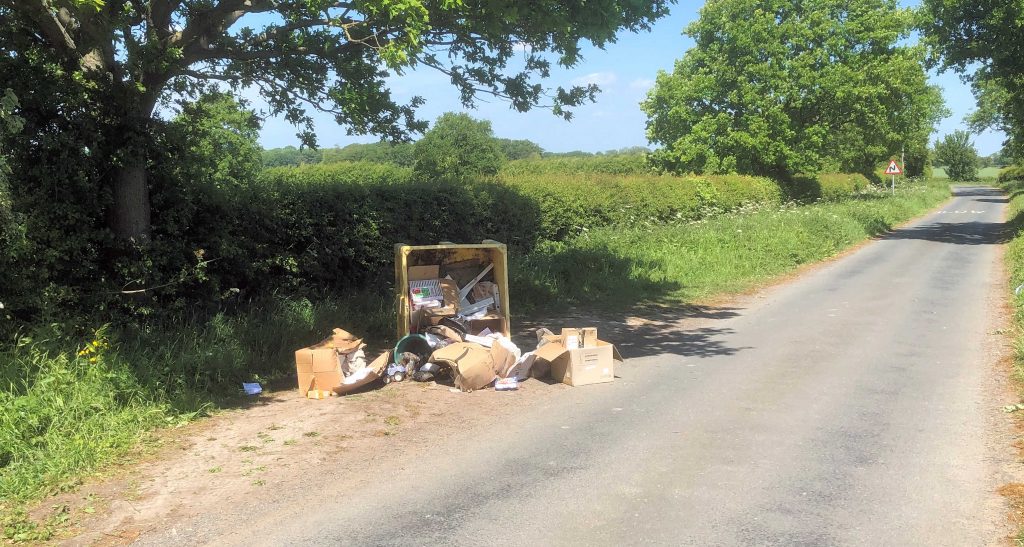The City of York Council says that it is taking action to make York more pollinator friendly.
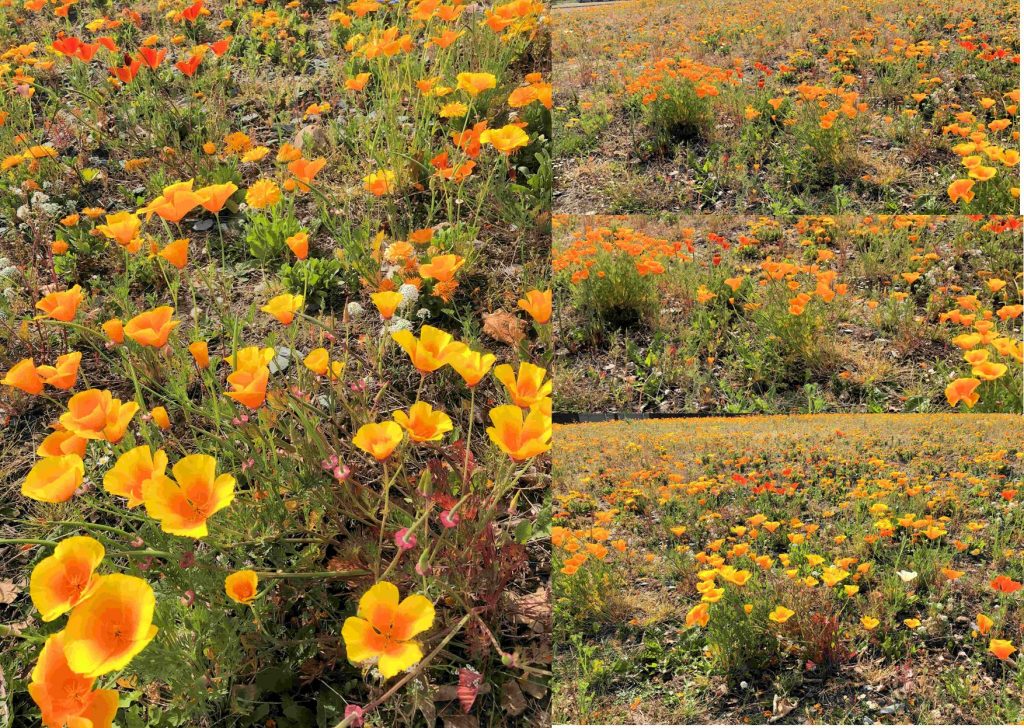
There are over 4,000 species of insects in the UK that carry out pollination of our native wild plants and food crops, but they are under threat and in decline due to habitat loss and excessive pesticide use.
The council wants to introduce a new Pollinator Strategy so that it can ensure local residents, businesses and landowners are provided with information to help protect and increase pollinators.
Insects like bumblebees, butterflies and beetles all provide a vital part in pollination of our native wild plants and our food crops, ensuring the protection of our city’s biodiversity.
The new strategy aims to protect, increase and enhance the amount of pollinator habitats on council owned or managed land, and help to improve the status of any locally threatened species.
The most significant factors leading to these declines in pollinator numbers includes habitat loss (food, shelter and nesting), pesticides which have harmful effects on honeybees, wild bees and butterflies and climate change, which has long term effects.
A copy of the strategy can be read by clicking here
The Council’s initiative is welcomed. In particular, the the commitment to neighbourhood input into initiatives.
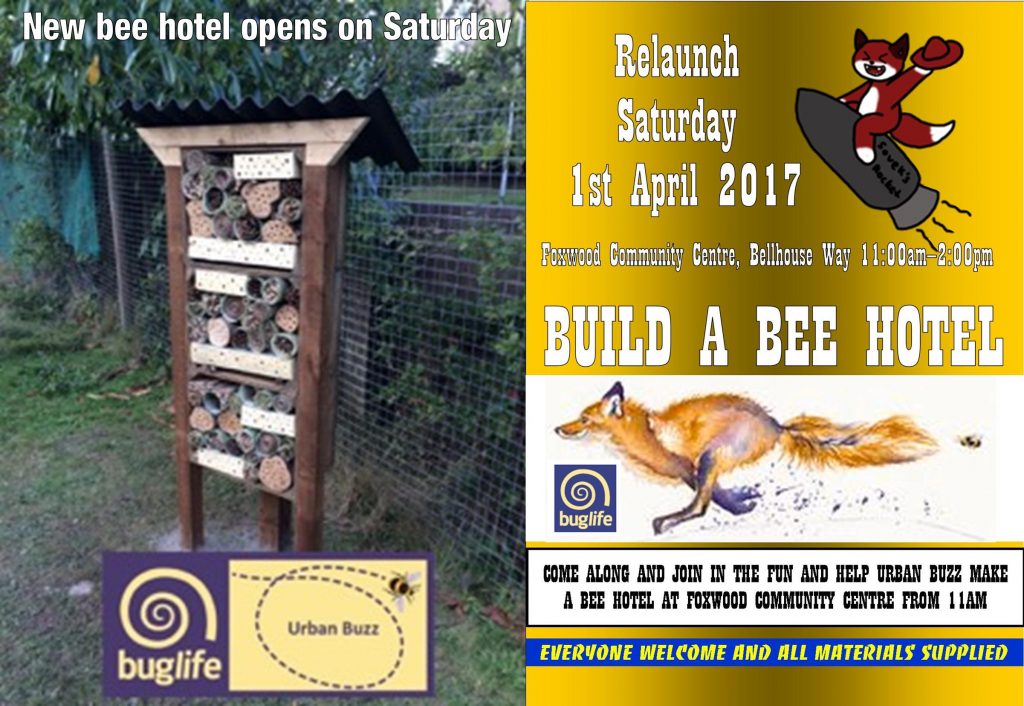
What is lacking in the the document is a recognition that much of the solution to the lack of pollinator attractive plants can only be addressed by the more thoughtful use of privately owned land.
In particular, more can be done in peoples gardens.
A ready source of advice, and a proactive approach to publicity, is needed from the York Council.
If approved, the council will adopt the new Pollinator Strategy and ensure the needs of pollinators are represented in local plans, policy and guidance – to help us all protect and increase pollinators.
The strategy will be taken to an Executive meeting for approval on Thursday 18 March from 5.30pm and will be available to watch online afterwards.

